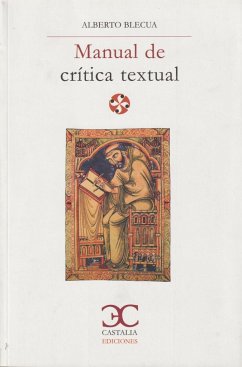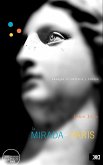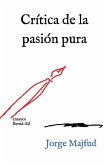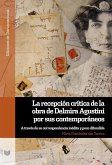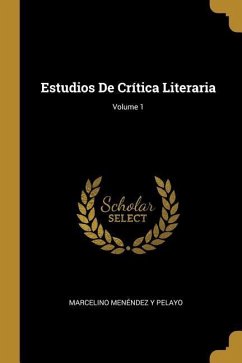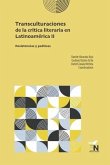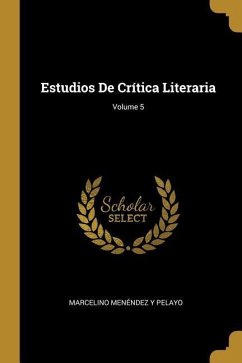El mensaje literario nos llega fijado en forma de texto: la crítica literaria, por tanto, tiene que comenzar por entender rectamente ese teto, depurándolo, en lo posible, de todos los elementos extraños al autor. Alberto Blecua nos ofrece un panorama claro, preciso y puesto al día de las cuestiones que hoy plantea la crítica textual: el método, con los oportunos ejemplos, y la historia de la transmisión de nuestros textos. No existía entre nosotros un libro de este tipo, que es enormemente útil a cualquier estudiante, profesor o investigador de la literatura española. The literary message comes to us fixed in the form of a text: literary criticism, therefore, begins by correctly understanding that text, purifying it, as far as possible, of all elements foreign to the author. Alberto Blecua offers us a clear, precise and up-to-date panorama of the questions that textual criticism raises today: the method, with the appropriate examples, and the history of the transmission of our texts. There is no such book among us, which is enormously useful to any student, teacher or researcher of Spanish literature.

